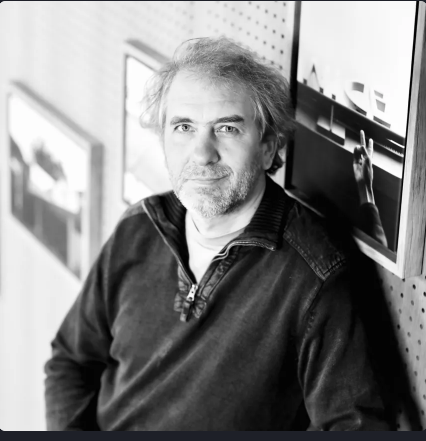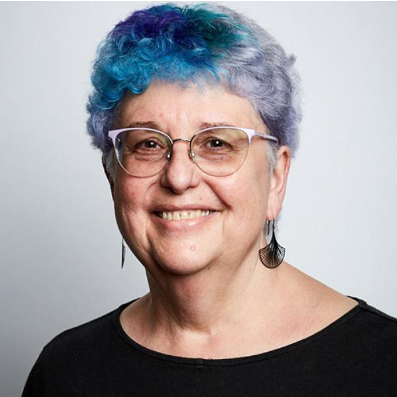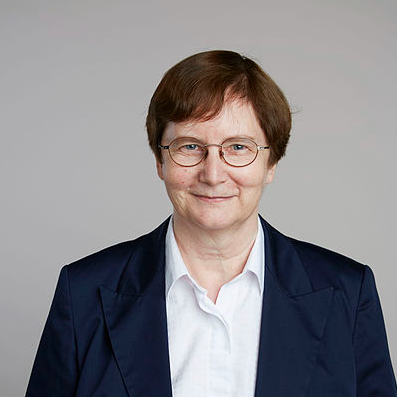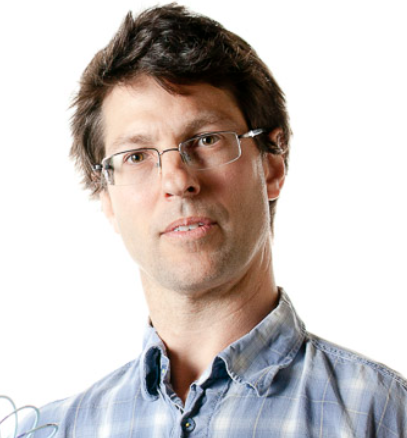mentors
A non-exhaustive list of people I have been fortunate enough to learn from...

Tobias Scheer is Professor of Linguistics at CNRS’ Bases, Corpus and Language Laboratory, at the University of Cote d’Azur. Almost all of my research interests are directly or indirectly inspired by his continuing contributions to linguistic theory, modularity of mind, and phonology as a theory of mental/neural representations and computations. I was fortunate enough to have Tobias as my supervisor, and that has made all the difference in my life. This description is short because he has worked on too many things of which I know and understand too little! My personal fascination with his works stems mostly from two related phenomena. First, Tobias is, perhaps, the most ardent proponent of modularity (qua modularity in the broader Cognitive Sciences) in phonological theory. Second, his ability to bridge the gap between psycholinguistic and linguistic theories, and to bring psycholinguistic investigations to bear upon phonological theory is, in my opinion, unparalleled. It helps, obviously, that he is the progenitor of phonolEEGy, and I am obsessed with the brain like a toddler with icecream! Follow the link to learn more about his work. And READ THE BLUE BOOK! Seriously… do it now!!!

Catherine T. Best is a pioneering psycholinguist and Chair in Psycholinguistic Research at the Western Sydney University. One of the first researchers to embrace psycholinguisics upon its emergence as an independent scientific discipline, Cathi’s research and theoretical work has focused primarily on how adults’ and infants’ experience with their native language shapes their perception and production of the phonological elements of spoken words, including consonants, vowels, lexical tones and prosodic patterns.
She has applied this theme broadly, investigating perception and production of spoken language in second language learners and bilinguals, in children with language difficulties, and expanding her research to include sign language, facial expressions, and culture-specific characteristics of music. Her most significant theoretical contribution is her model the effects of language experience on perception: the Perceptual Assimilation Model (PAM: e.g., Best, 1984, 1994a, 1994b, 1995). Her work continues to offer important insights into why many non-native phonetic contrasts are difficult for adults and older infants to discriminate, while others remain much easier. Throughout her work, she has taken an ecological, or direct realist, philosophical perspective, founded on James Gibson’s ecological theory of perception.
Beyond her superstardom as a scientist Cathi is a nurturing and patient teacher, and has taught me everything I know about psycholinguistics. She was my supervisor at a time when I was just dipping my toes into academic waters, and her gentle nature and deep insights are things I try to emulate everyday in both my personal and professional lives.

Elizabeth Anne Cutler was an influential psycholinguist who served as the Director Emiretus of the Max Planck Institute of Psycholinguistics in Nijmegen. Among the earliest independent psycholinguistics, Cutler’s works were instrumental in uncovering the abstract nature of speech perception and provided crucial evidence in support of much of the primitive representations and operations that generative phonological theory was founded upon.
Cutler was elected a Fellow of the Royal Society in 2015 for her work on sentence processing and phoneme recognition. Cutler was elected as Foreign Member of the American Philosophical Society in 2007. and Foreign Associate of the National Academy of Sciences in 2008.In Australia, she was elected as Honorary Fellow of the Australian Academy of the Humanities in 2008 and as Fellow of the Academy of the Social Sciences in Australia in 2009.
In 2000 Cutler was elected member of the Royal Netherlands Academy of Arts and Sciences.[13] Her work has also received the 1999 Spinoza Prize of the Netherlands Organisation for Scientific Research and the International Speech Communication Association Medal. In 2020 she was elected a Fellow of the British Academy (FBA)[15] and she received the Silver Medal in Speech Communication from the Acoustical Society of America (ASA).
Alongside Cathi, Anne was my supervisor at the MARCS Institute of Brain, Behavior and Development, and her early works on the perception and cognition of rhythm was among the very first linguistic issues that encouraged me to pursue graduate work.

Charles Reiss is Professor of Linguistics at Concordia University, Montreal, and Director of the Concordia Center for Cognitive Science & Linguistics. Alongwith Prof. Mark Hale he played a central role in reviving the substance-free program in phonological theory in the age of Optimality Theory. His view of phonological computations as purely algebraic, substance-blind symbolic operations has been the driving motivation behind my interest in phonological theory.

Jason Shaw is an Associate Professor of Linguistics and director of the Phonetics Laboratory. He received his PhD in linguistics from New York University in 2010. His research investigates how phonological form structures natural variation in speech and how this variation is interpreted by listeners. His approach combines language description with formal computational models and experimental methods that capture the temporal unfolding of speech planning, production, and perception. Experimental methods used in his research include eye-tracking in speech perception experiments and Electromagnetic Articulography (EMA) and ultrasound in speech production experiments. Before joining Yale in 2016, he did research in Australia supported by the Australian Research Council Discovery Early Career Research Award and in Japan supported by the Japan Society for the Promotion of Science and was a faculty member at Western Sydney University.